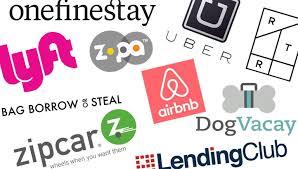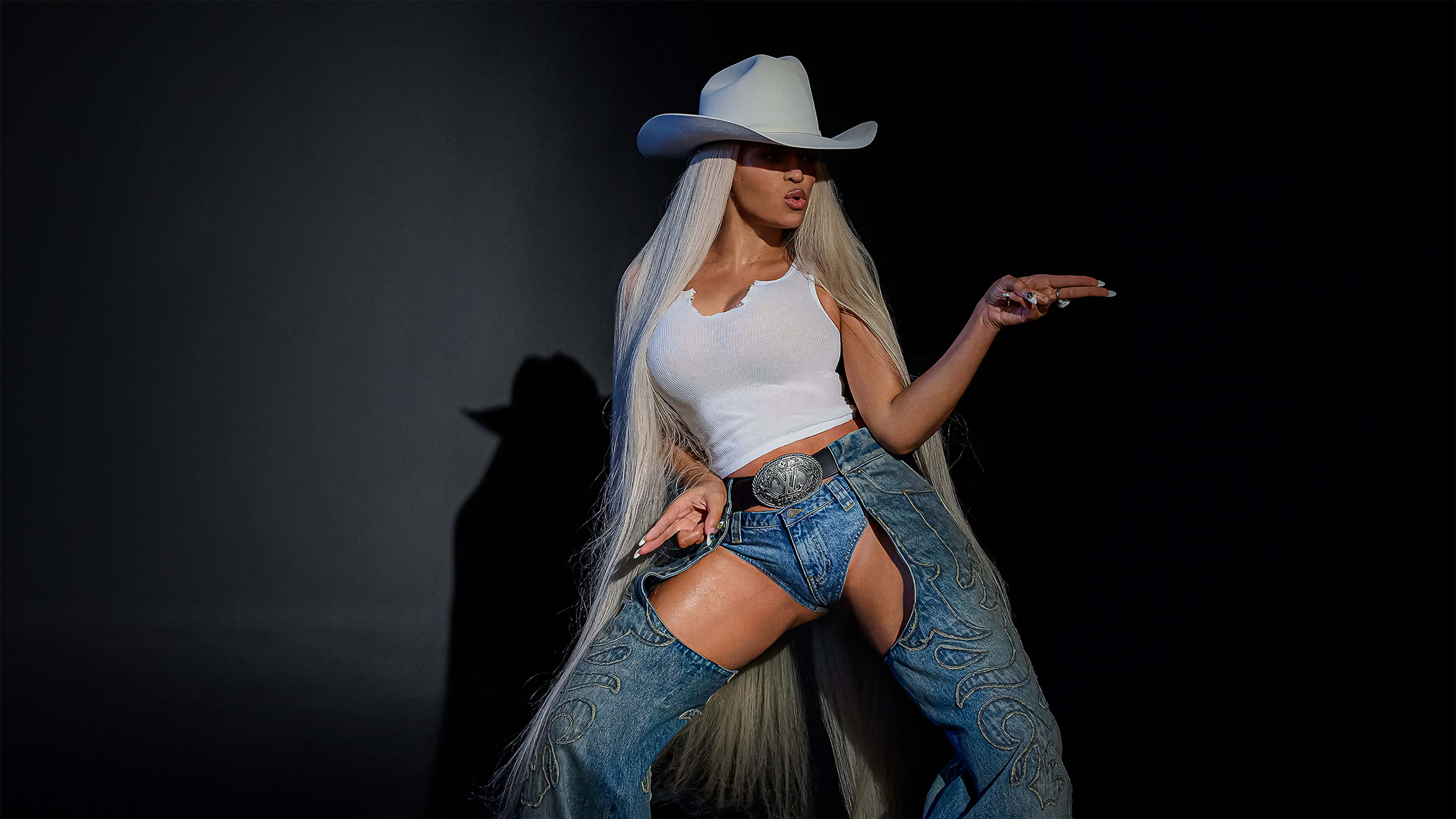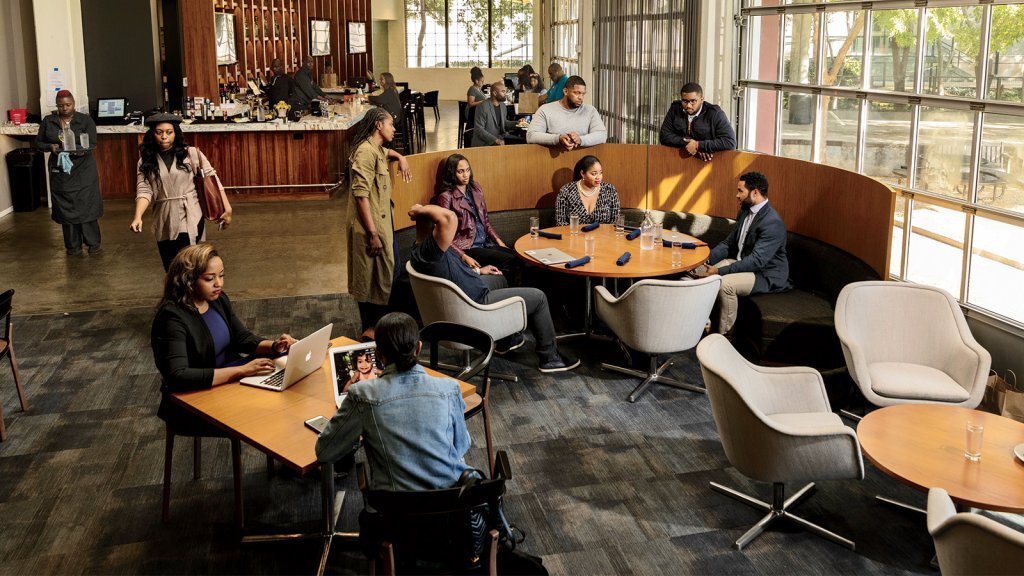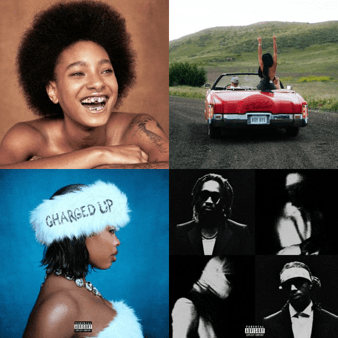By Christopher Pitts
- U.S. adults who earned at least $75K a year are twice as likely as lower-income Americans to participate in the sharing economy
- Since 2010, venture capitalists have poured $23B into the sharing economy
The sharing economy has become one of the fastest growing trends in the past couple of years. Since 2010, by way of venture capitalists over $23 billion has poured into the sector, and is often credited with the shift to peer to peer interactions, valuing sharing instead of ownership. As vibrant as the sharing economy might seem, there are still differences among those that use these services, especially in the U.S. where it’s dominated by the wealthy and well-educated. Could this be the newest way of repackaging capitalism?
Why This Matters: People with at least a college degree were more likely to request sharing-economy services than the average, and more than three times as likely as those with a high school diploma or less. Furthermore, a 2016 study by Pew Research Center found that U.S. adults who earned at least $75,000 a year were twice as likely as lower-income Americans to book trips on ride-hail services like Uber or rent rooms on home-sharing sites like Airbnb. Considering that in 2017, the U.S. Census Bureau found the median income for an African American household was $39,490, this puts them out of the sharing economy.
The median income for an African American household was $39,490, this puts them out of the sharing economy
To put it simply, this industry is the use of technology facilitating the exchange of access or services between two or more parties. You can see the impact of the shared economy across industries, such as transportation services like Uber (UBER -1.75%), professional services like TaskRabbit, and even healthcare operators like Doctor on Demand.
This is extremely important once we realize black wealth is about 7%, compared to white families. Equally alarming is the racial wealth gap also exists even among blacks who are highly educated and come from two-parent homes. Black families with graduate or professional degrees have $200,000 less in wealth than similarly-educated whites.
Situational Awareness: It was once thought that the sharing economy could root out racism. However, research is mixed on whether sharing platforms are viable for the black community. While some social scientists suggest that customers do not discriminate on the basis of race, it has been documented that minority groups earn less on sharing platforms. What seemed like a trend for a better tomorrow, appears to be just another way of repackaging capitalism.
CBx Vibe: “Devil In A New Dress” Kanye West & Rick Ross









